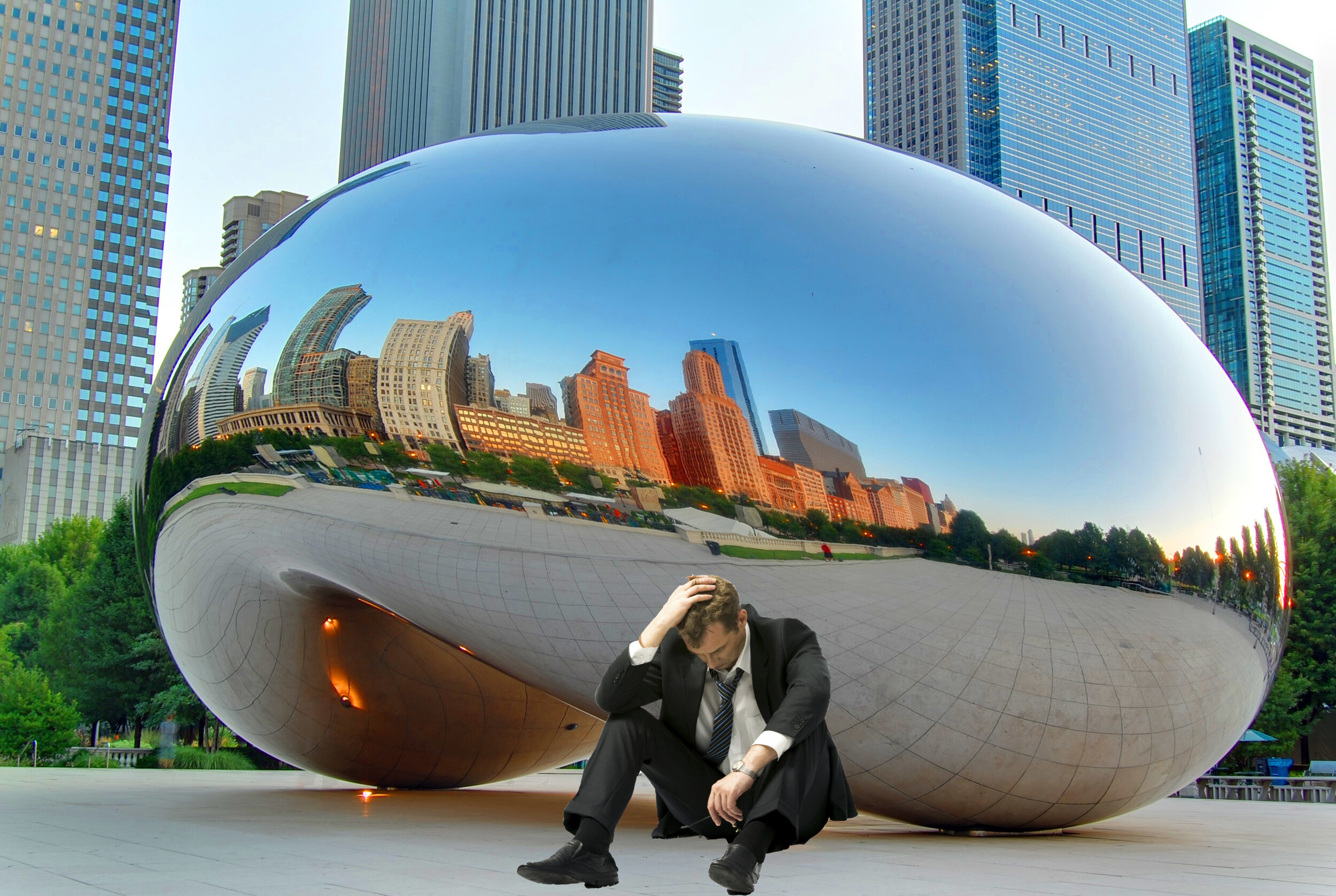"Living in Big City Like Chicago Can Reduce Depression," Says Study That Didn’t Ask Me
By Tommy Spears
CHICAGO, IL - A new study from University of Chicago researchers has determined that living in a large, densely populated urban area like Chicago can actually reduce instances of depression--a conclusion they reached entirely without consulting me.
“We were trying to quantify and systematize what it feels like to live in a city,” said Steve Andrews, a doctoral student in integrative neuroscience. “We found that the greater density of social networks and the increased opportunities for interaction helped to lessen instances of depression in city dwellers,” continued the young man, who presumably has more friends than he can count on one hand.
The study also stated that the presence of activities that involve socializing with strangers, such as concerts and sporting events, also helps city-dwellers to ground themselves in human contact and avoid spending almost every night eating peanut butter straight from the jar while re-watching the Parks and Recreation episode where Ben proposes to Leslie.
“Living in a densely populated area also helps individuals to grow their financial networks, and gives them better access to new income sources,” said Associate Professor Barry Marks, who has never met me and presumably did not consider that a 29 year old administrative assistant writing comedy during the pandemic is probably not growing his financial network.
The research team is also interested in the psychological effects of other city features, such as green spaces, public parks, and other places lonely people can go to watch strangers happily sharing in human interactions that are completely out of reach to them. These findings will be passed on to policy makers who will also never ask me what’s wrong.
“The study isn’t fully conclusive,” said Professor Courtland Lewis. “While we have looked at a city’s effects on depressive disorders, we are still researching the effects urban dwelling might have on other mental health issues.” As of press time, Professor Lewis’s comment has left me anxious, paranoid, and oscillating between uncontrollable rage and crippling despair.

